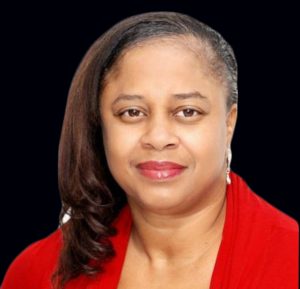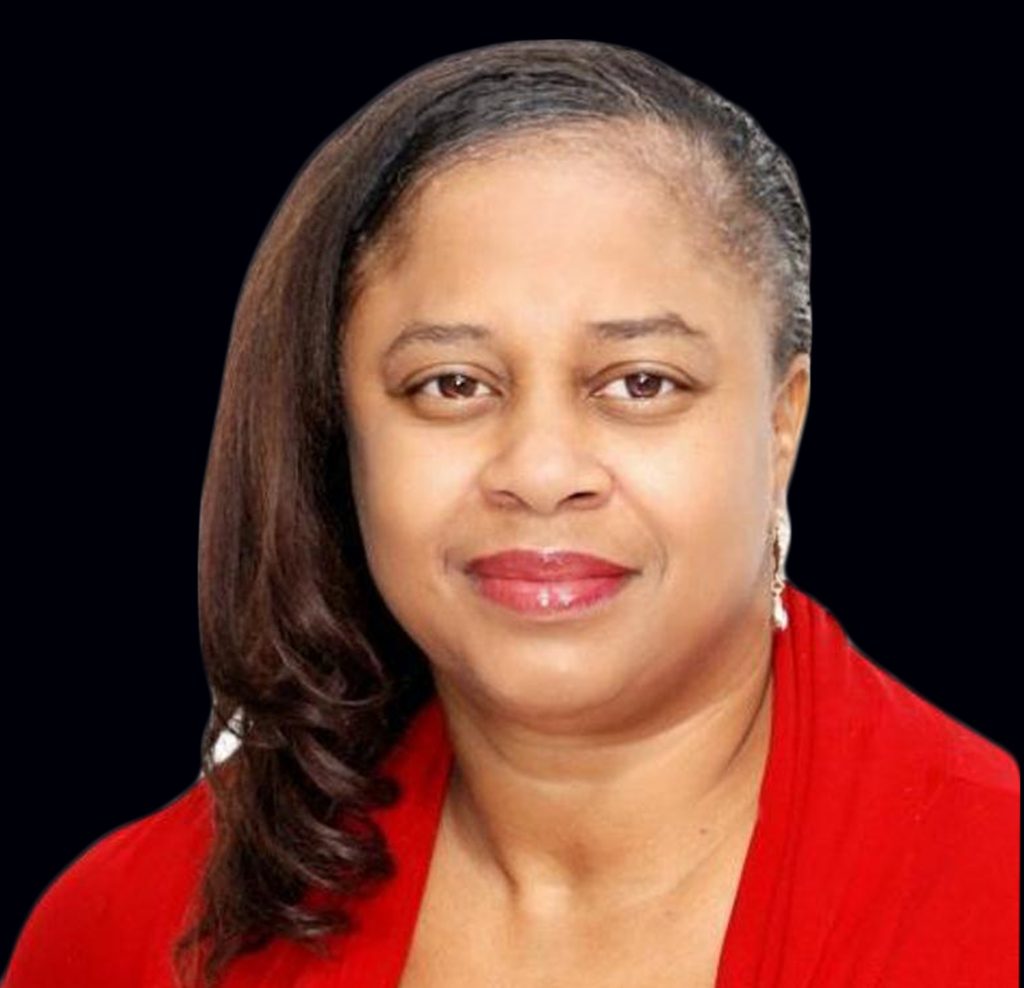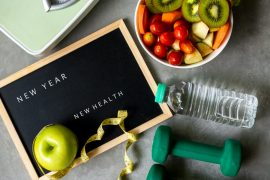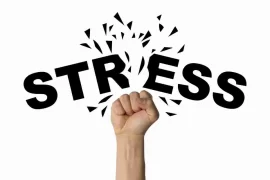After getting a mechanical heart valve replacement and a pacemaker, former social worker and teacher Kimberly Goodloe found herself in an unfamiliar position: asking for help.
Making peace with the surgeries she required and adjusting to her new “normal” presented significant challenges to the active, independent woman, who was more comfortable helping others. She also had to learn how to be a better advocate for herself and build support networks.
Today, Goodloe, who lives in suburban Atlanta, is a fulltime volunteer in the community, sharing her experience with others as an American Heart Association Heart Valve Ambassador raising awareness about heart health.

Goodloe, now 49, learned she had a congenital aortic defect in 2003. At the time, she was told it could be decades before it would require replacement.
Instead, it took six years. Complications after her valve replacement led doctors to also implant a pacemaker just four days later, an unexpected surgery that proved difficult for Goodloe to accept.
“It’s still painful to talk about it,” she said. “I had to come to terms with what happened to my body.”
Apart from the physical recovery, Goodloe had to give up some of her independence in those first weeks home. Goodloe’s husband, Victor, took a bigger role running the household, juggling work and caring for the couple’s two young children as she recovered, leaning on other family and friends in the community when necessary.
It took about two months before she felt she could walk and drive.
“I was just so weak,” Goodloe said. “I really had to take one day at a time.”
Goodloe spent much of her career helping connect those in need with key resources and was surprised to find that asking for help was harder than she expected.
“I was always the person who would connect other families with help, but I had never been on the other end,” she said.
It was a learning process. Even with her background as a social worker, as she identified resources she hadn’t realized were available. Reaching out to the school, for example, was important to make sure her children got support.
“Teachers did a great job of helping the kid’s transition through all the changes,” she said.
Prior to her first surgery, she built a group contact list for her husband to post updates to close family and friends. That list, seven years later, has grown threefold. It was an important tool to keep people in the loop.
Building such a strong support network is crucial, both for the patient and for caregivers, Goodloe said.
“It’s important for caregivers to take time for themselves and get help and support,” she said. “They’re part of the healing and we’re all in this together.”
Goodloe experienced some complications with her pacemaker during that first year, leading to numerous appointments and ultimately an additional surgery to replace one of the device’s electric leads.
The experience taught Goodloe the importance of having a good rapport with your medical team, and becoming her own advocate.
“I had to do a lot of research to really understand what was happening to me,” she said. “Now, when I go to the doctor, I know what to ask because I’m reading more and am better educated and being proactive about my health.”
As an AHA volunteer, Goodloe frequently meets with other heart patients and urges them to track their symptoms in a journal and cultivate a strong relationship with your health providers.
“Doctors are part of the healing process,” she said. “If you’re not comfortable talking with your doctor, take a friend or relative with you, or write down your questions. Find a way to use your voice.”
Just last month, Goodloe had another procedure to replace the batteries in her pacemaker. But she’s already back out in her community and planning a busy schedule for February.
She said giving back has been an important part of her recovery, whether that’s sharing her story, suggesting heart-healthy recipes, connecting others to resources or even just being there to listen as someone works through his or her own struggles.
For the last three years, Goodloe has created a collage of hearts each February, with each decorated by different schools, nonprofit groups and churches to represent what they’ve learned about heart health. This year’s collage has more than 1,500.
“It really keeps me going,” she said. “I’m just so thankful that people call me when they need help.”
Kimberly’s quote- : “Pray daily. Take one day at a time. Focus on your blessings. Don’t suffer in silence, you’re not alone. Develop a relationship with your doctor. Create a support team. Find one reason to smile every day and never give up.”
Source: supportnetwork.heart.org
Do you know a “Story of a woman who has survived any health issue” we should tell?
Send ‘Her Story’ via email to info@amazonswatchmagazine.com




